Women can have a cycle that is either slightly shorter or longer than 24 to 35 days. The first period (menarche) occurs in puberty, which begins between 8 and 14 years for most girls. The average puberty age is 11 years. Periods continue until a woman reaches menopause, which occurs anytime between late 40s and mid 50s. The average menopausal age is 51 years. In this article, you will find tips to find out when your period is over.

How to Know When Your Period Is Over
Changes in the flow
When your period is near its end, the flow gets very light, and smaller, and its frequency reduces. In case you do not bleed at night on the 4th or 5th day of your period, wear a panty liner to the office or school. Your period is over when bleeding stops completely.
Length of the period
Periods are short or long, heavy or light, but the average time length for a period is 4 to 8 days. The first years of your period may be irregular but the cycle will stabilize after your teens. Then you will know your monthly routine including the frequency, duration, and flow. Note: Women have different menstrual cycles but the average cycle is 28 days.
What others say about the end of a period
“I consider the end of my blood flow as an indication that my period is over because I can experience a discharge at any time. If you always have a discharge after your period, include that time in your calendar so that you can plan for liners and other products."
“ My period get lighter each day and the cramps gradually stop. However, I wear panty liner after the blood flow stops to avoid accidents.”
How to Know When Your Period Is Coming
Keep a menstrual calendar
Keep track of your period dates for months on a calendar to get a rough idea about your menstruation cycle. You can also use tools that help you calculate your menstruation and ovulation. You need to know other signs of ovulation if you have irregular periods. Some of the signs to look for in case of an irregular period are discussed below.
Have tummy problems
You may experience period-related bloating, constipation, nausea, diarrhea or cramps. Some women crave for specific foods or eat more than usual. Ensure that you only pick up healthy snacks.
Emotional ups and downs
If you become weepy for a couple of days, you will have your period soon. You may also become easily irritated or have sleepless nights. Some girls experience severe symptoms such as lack of concentration and forgetting important things a few days to their periods.
Have skin problems
The hormonal changes during your period may cause extra acne on your face. You may experience cold sores or swelling on your feet, face, or hands. Your breasts may become tender and have slight pain.
Other signs
There may be an achy and tired feeling and headaches when a period is coming. Besides, your allergies or asthma may get worse just before your period.
How to Know When You Are Ovulating
Changes in your cervical fluid
You are ovulating or near ovulation if your cervical fluid resembles egg whites. Women have different cervical fluids. A woman is ovulating when she gets the highest amount of wet fluid.
Changes in basal body temperature
Your basal body temperature is consistent before ovulation. However, it will decline slightly when you are near ovulation and then increase sharply after ovulation. The temperature increase shows that you have ovulated. You can predict your ovulation by keeping accurate records of your basal body temperature for several months.
Changes in the firmness or position of the cervix
The cervix experiences many changes during ovulation. It will be wet, high, soft, and open during ovulation. Most women take a long period to identify the changes in their cervix during ovulation because the pattern of changes during the whole cycle can be subtle and not so easy to observe.
Secondary signs of ovulation
After learning how to know when your period is over and when you are near ovulation, you need to know the secondary ovulation signs. These signs are inconsistent in most women, including:
A higher sex drive
Tender breasts
Light spotting
Increased sense of vision, taste, and smell
Slight cramps or pain on one pelvis side
Bloating



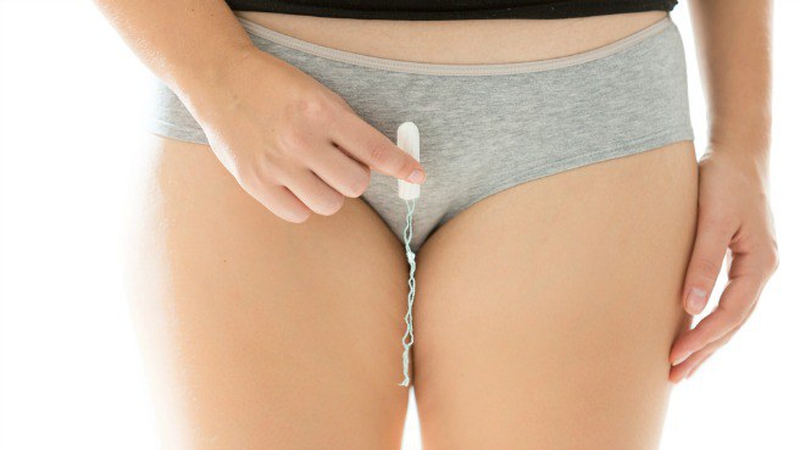

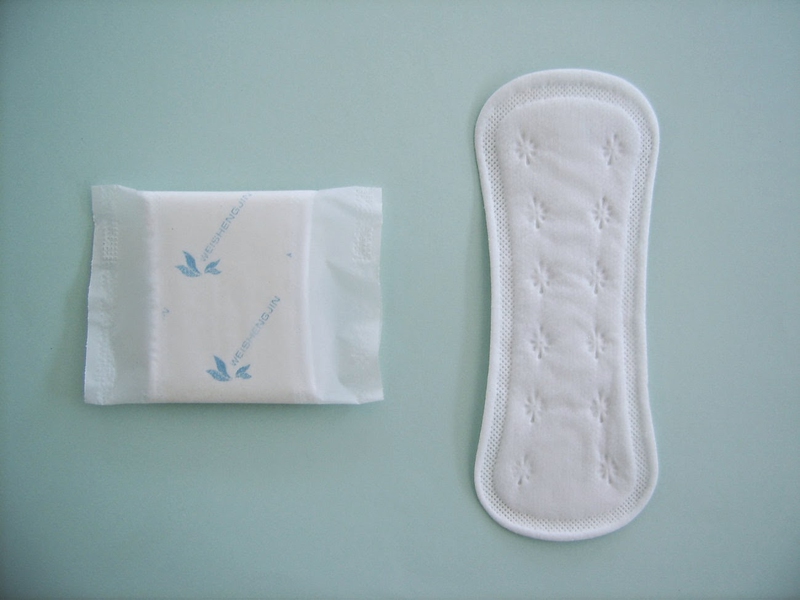
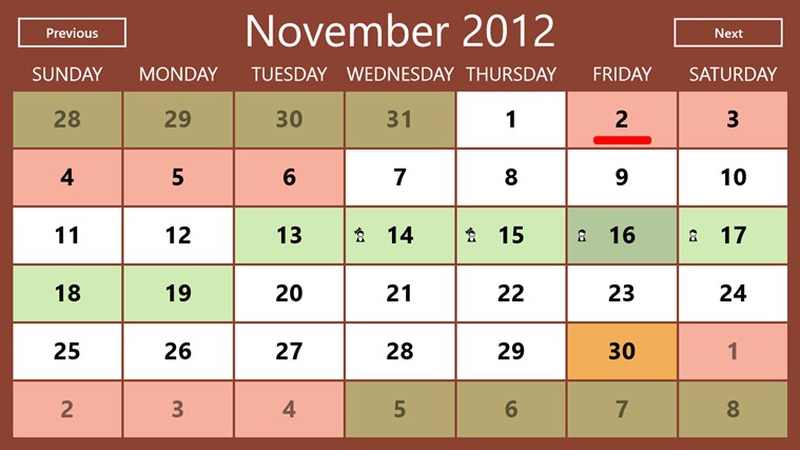
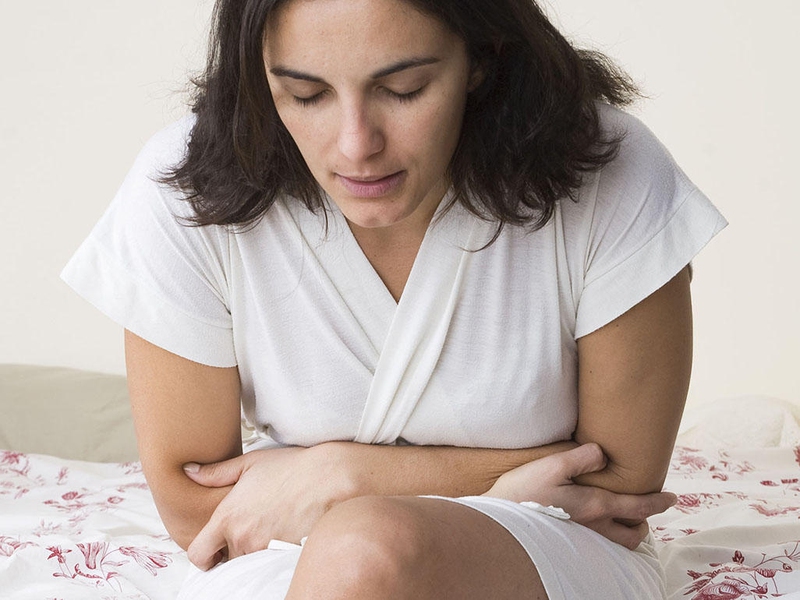

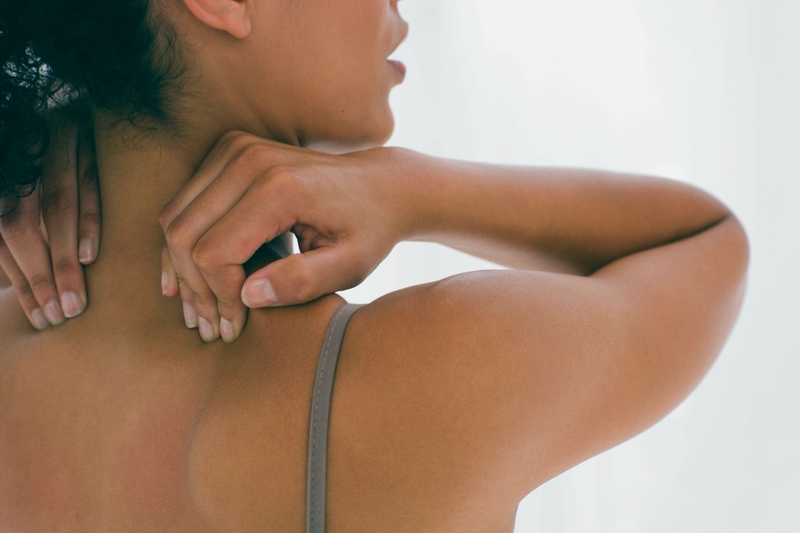
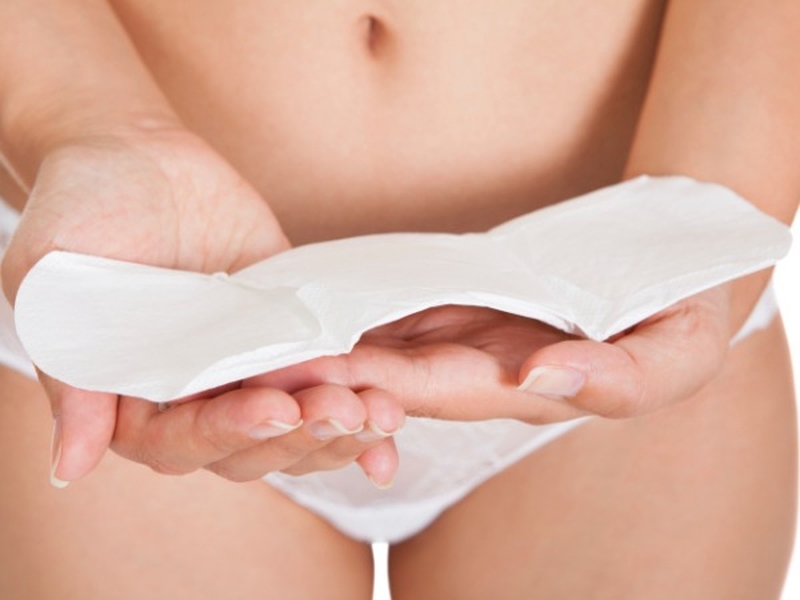
View All Comments /Add Comment